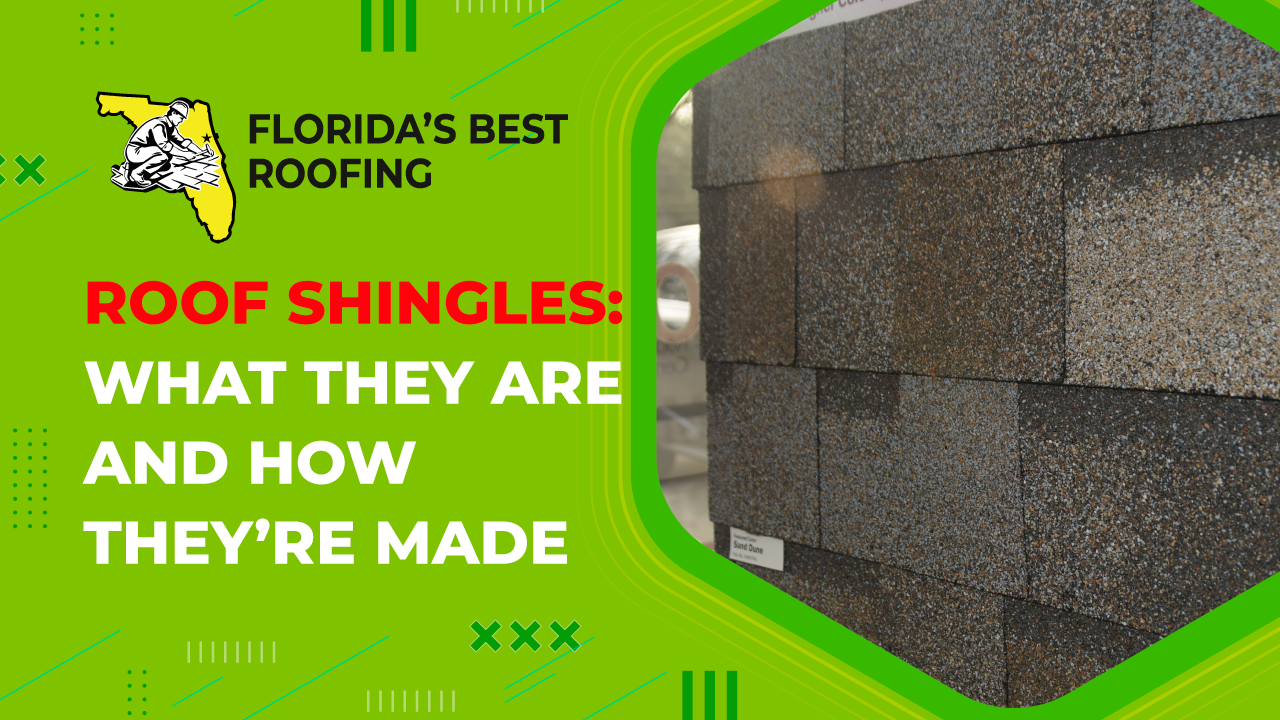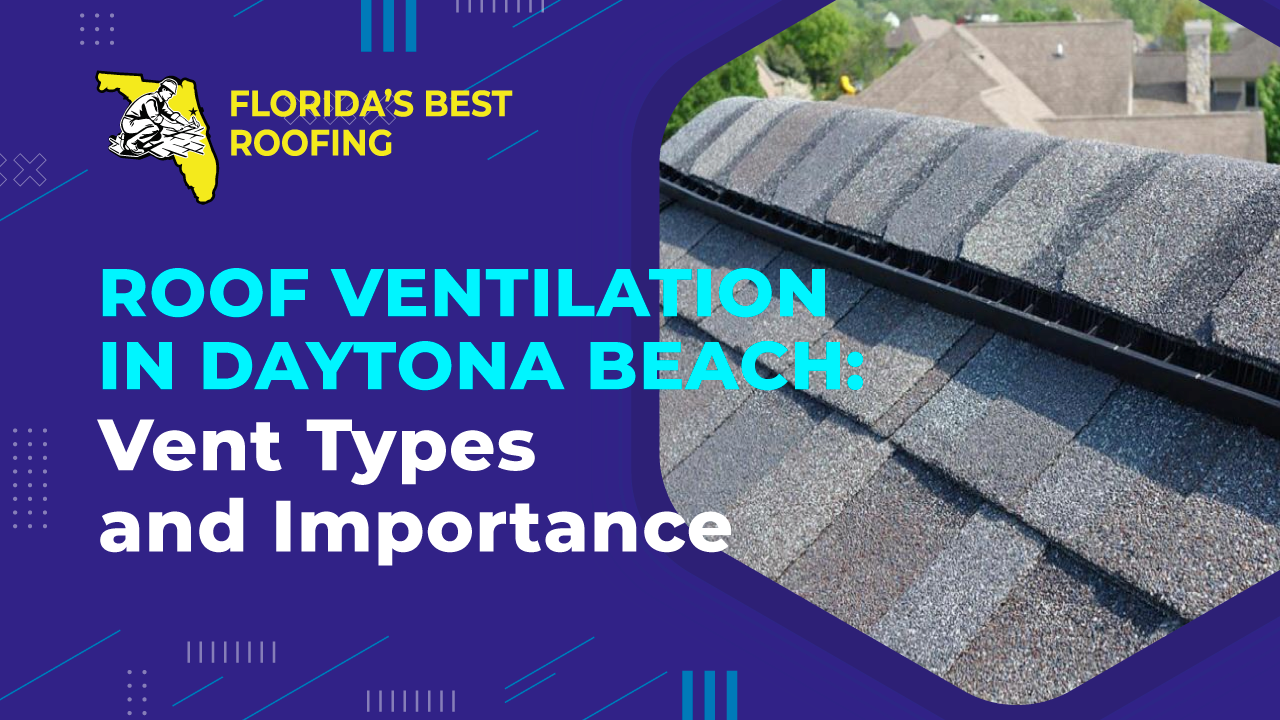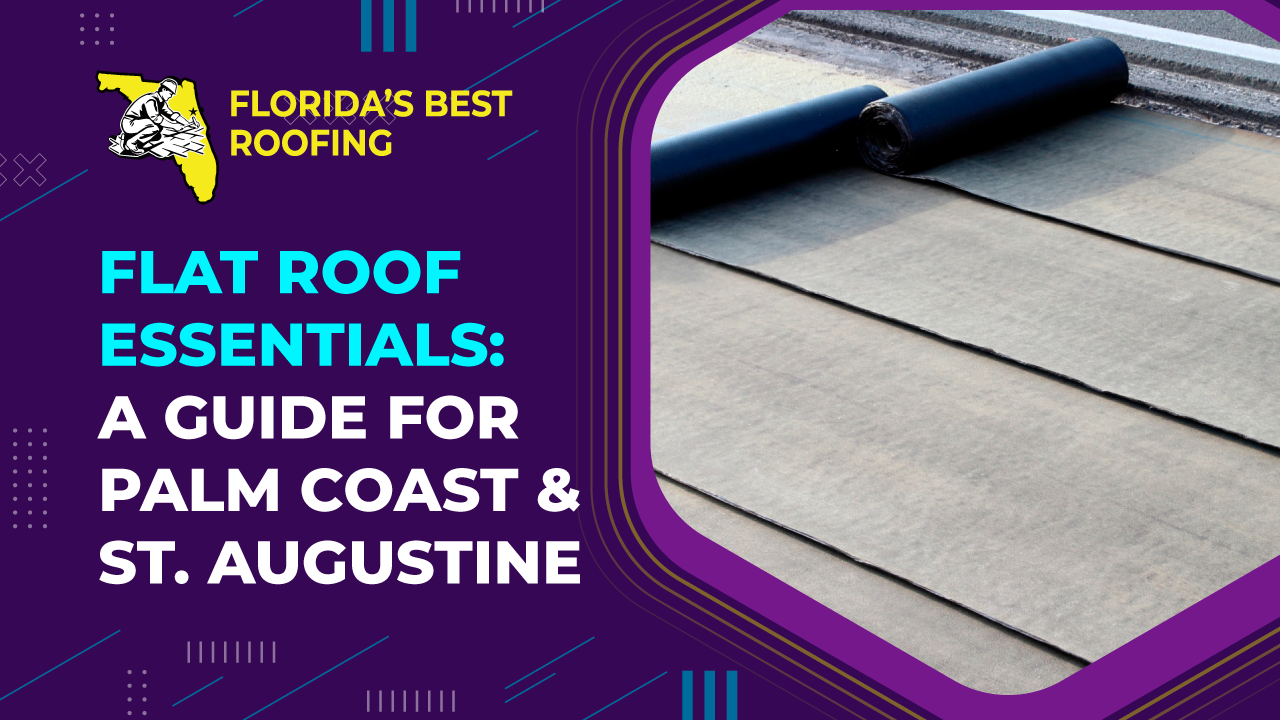Roof Shingles: What They Are and How They’re Made
Roof shingles are any roof covering that is made up of multiple overlapping elements. The overlap helps to prevent water from rain or snow from penetrating the roof surface. The elements-that is, the shingles-are generally flat rectangular shapes coursing up from the bottom edge of the roof up the slopes to the peak. The successive overlap covers the adjoining locations of the row below, thus preventing water from entering a sloped roof. Shingles can be made of many different materials, including wood, slate or other natural stone, metal, or composite elements, such as asphalt shingles. When the overlapping elements are ceramic or concrete, they are called tiles. Tile roofs are very popular in Europe, but less so in the United States, where the most common material is asphalt shingles.
What Are Roof Shingles?
Roof shingles are a type of roofing material composed of multiple overlapping pieces. This design helps to prevent water from rain or snow from seeping through the roof. The shingles are generally flat, rectangular shapes laid from the bottom edge of the roof up to the peak. The overlapping arrangement covers the gaps between the rows below, ensuring water doesn’t penetrate the sloped roof. Shingles can be made from various materials, including wood, slate or other natural stones, metal, or composites like asphalt. When the elements are ceramic or concrete, they are referred to as tiles. While tile roofs are prevalent in Europe, asphalt shingles are the most common roofing material in the United States.
Asphalt Shingles
Asphalt shingles, particularly those based on fiberglass, are the most popular roofing material for residential buildings in the United States. These shingles are easy and quick to install, affordable compared to other roofing materials, and can last between twenty and fifty years, depending on the style and climate. They also come in a wide range of colors, allowing homeowners to personalize their roofs without affecting the cost.
The waterproofing and protective qualities of asphalt shingles are primarily due to long-chain petroleum hydrocarbons formed during their manufacturing.
How Are Asphalt Shingles Made?
Asphalt shingles are produced at specialized manufacturing plants across the country by various companies. These top-tier facilities receive thousands of tons of raw and processed materials daily, transforming them into high-quality roofing products with continually improving durability thanks to advancements in manufacturing technology.
The asphalt used in these plants is processed to meet stringent quality standards, resulting in strong and flexible shingles. Quarried limestone, delivered in large stones, is crushed into powder using specialized milling equipment. This limestone powder is mixed with asphalt to create a material known as filled coating.
Fiberglass serves as the core base of the shingles. Large rolls of fiberglass are coated on both sides with the filled coating at extremely high temperatures, exceeding 400 degrees Fahrenheit. After this, granules—the rough, gritty surface of the shingles—are applied. These granules are made from ceramically coated, finely mined stones, which are sized specifically for this process. The ceramic coating on the granules provides the color for the shingles, with different coatings used for each color and style.
The asphalt-coated fiberglass sheet is then fed into a press, which embeds the ceramically coated and colored granules. The material is passed over a series of rollers and sprayed with a fine mist of water to cool it down and seal the process. A strip of sealant is added to the sheet to provide additional wind resistance.
Specialized machinery at the plants then cuts the rolls into individual shingles, which are stacked and packed into bundles. These bundles are loaded onto pallets and shipped to suppliers’ warehouses across the country.
Whether you have an asphalt shingle roof or another type of roofing material, for all your roofing needs in Flagler, Palm Coast, Bunnell, Daytona Beach, St. Augustine, and Deland, call Florida’s Best Roofing Inc. at 386-263-7906 for a free estimate!
#RoofShingles #AsphaltShingles #RoofingMaterials #RoofMaintenance #FloridaRoofing #HomeImprovement #DaytonaBeach #StAugustine












